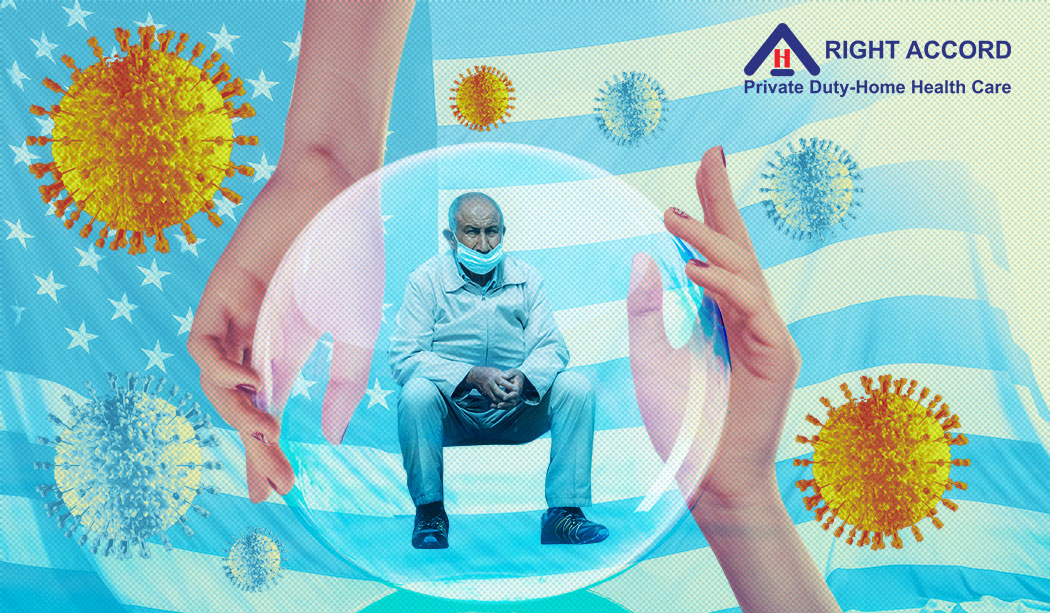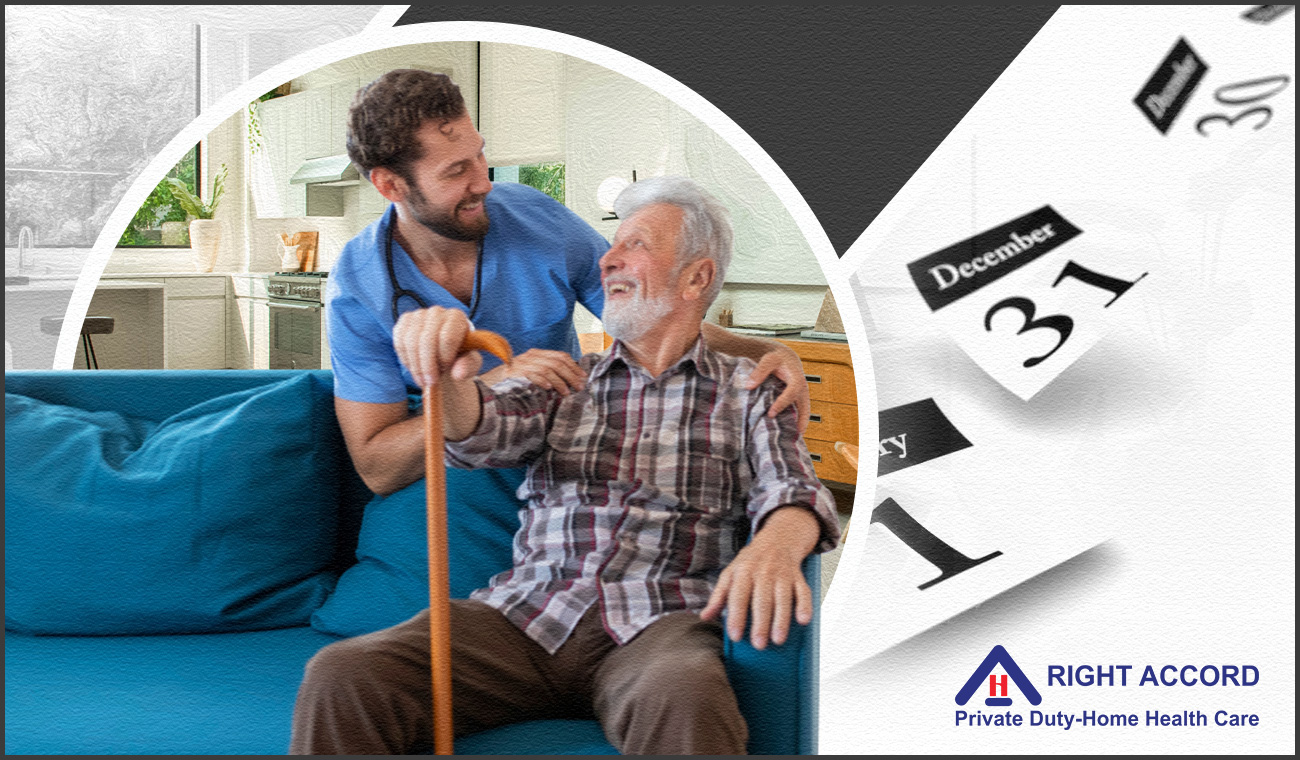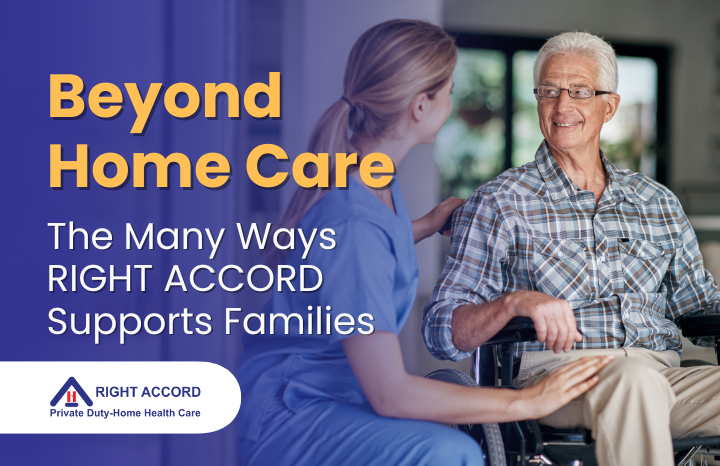· 7 min read
How Seniors Can Take Care of Their Heart and Avoid Heart Disease
Seniors are prone to high blood pressure and heart disease due to age related factors. But heart disease can be prevented, here are some ways to avoid it.

By: Rosemarie Tamunday Casanova — RN, BSN, MHA
February is popular as the month of love. Well, it is also the American Heart Month, a month that has been set apart since 1963 to raise awareness of heart diseases and to promote heart health in America. Accounting for over 15% of all deaths, heart disease is the leading cause of death worldwide. Every year, in America, over 600,000 people die from heart disease.
The first Friday of every February in the United States is National Wear Red Day, a day set apart to promote awareness of heart disease whilst wearing red clothing.
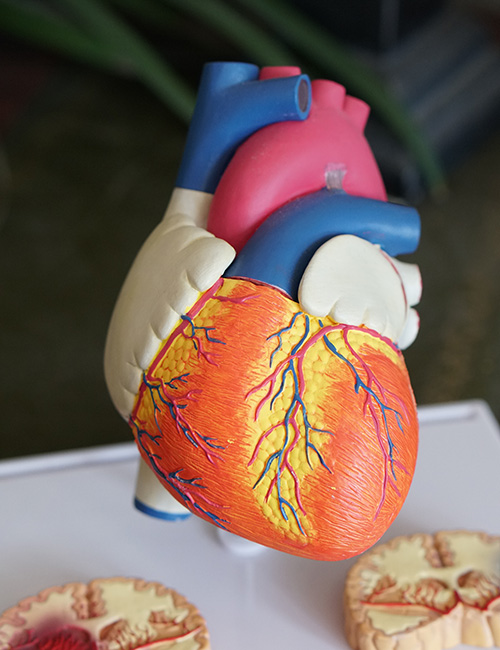
Photo by Robina Weermeijer on Unsplash
Established by President Johnson, the American Heart Month provides a vital opportunity to advance strategies for heart health and focus on the burden of cardiovascular disease.
Following the pandemic’s toll on Americans and their heart health, this year’s theme is all about regaining your rhythm. Christie Steele-Garcia, the development director for the American Heart Association proposes taking a dance break where you get to play music, dance to it and just be happy. This can be very good for mental wellbeing, she claims.
Seniors Can Help Care for Their Heart
For seniors and elderly adults, this month is a good time to learn to care for your heart and regain your rhythm. This year, the Division for Heart Disease and Stroke Prevention is beaming focus on hypertension/elevated blood pressure –a leading risk factor for heart disease and stroke.
One way of actively participating in this is to know your numbers - your blood pressure, your cholesterol and BMI. These numbers are indices of common risk factors of cardiovascular disease and stroke. Regular checking of these numbers and clinical visits to your doctor can go a long way in restoring your health rhythm.
Basic knowledge of the symptoms and some of these risk factors of heart disease and stroke will help you in taking charge of your heart health and taking the right actions where applicable.
Hypertension
A major health problem common amongst the elderly, hypertension happens because of your blood pressure rising very high -due to resistance occurring in your arteries as they become stiffer. Often referred to as the “silent killer”, one thing that makes hypertension quite dangerous is that it often does not cause any sign of illness that you can see or feel.
This makes it important that you check your blood pressure regularly as you may not know you have it until your blood pressure is checked. Failure to properly control high blood pressure can lead to serious heart disease and stroke.

Photo by Pixabay
What Is Blood Pressure and When Can You Tell It Is High?
Blood pressure is the measurement of the force of the blood being pumped by the heart against the walls of the arteries. A blood pressure cuff is put around your arms by a health professional to check for your blood pressure. The result is in two numbers –systolic (the number on top) and diastolic (the number below), measured in millimeters of mercury (mmHg).
Normal blood pressure for adults is usually a systolic of 120 or less and a diastolic of 80 or less. High blood pressure is usually a systolic of over 130 and over 80. In older adults, due to age related stiffening of the arteries, isolated systolic hypertension is the most common form of hypertension.
Here, the systolic pressure is usually far higher than 130 while the diastolic pressure hovers around 80 or below. This goes to show that age, amongst other factors, is a major player in hypertension. If your blood pressure is high on two different occasions, your doctor may demand more regular checks at home.
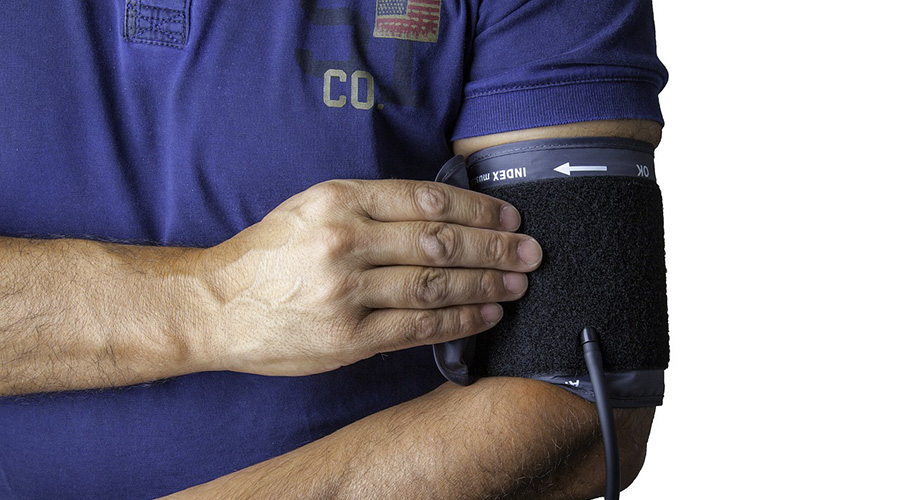
Photo by Pixabay
Can I Control My Blood Pressure?
Yes. There are measures that will involve modifying your lifestyle and dietary plans. Treatment with drugs is very important here and should be discussed with your doctor.
However, here are the lifestyle modifications that help lower blood pressure and improve your heart health:
Exercise
Moderate exercises such as brisk walking or swimming can help lower your blood pressure. The American Heart Association recommends at least 150 minutes of exercise per week.
Healthy Diet
A balanced diet of fruits, vegetables, grains, proteins, and oils, can help lower your blood pressure.
Healthy Weight
Overweight or obesity adds to the risk of elevated blood pressure.
Reduce Salt Intake
Blood pressure is sensitive to salt especially as you get older. Make deliberate efforts to eat only low salt diet.
Limit Alcohol Intake
Alcohol can affect your blood pressure. Cutting down on alcoholic beverages will help improve your blood pressure. For men, not more than two alcoholic drinks a day and for women, not more than one drink a day.
Quit Smoking
You should make earnest efforts to quite smoking. Smoking raises your risks for hypertension, stroke, other heart disease and health problems.
Good night sleep
Getting regular good night sleeps help reduce blood pressure. So, if you have a sleep disorder like sleep apnea, you should see your doctor and get it treated.
Reduce Stress
Stress can worsen many cardiovascular diseases risks that elderly people already face. You should always take time to relax and learn new and better ways of relieving stress.
Research has shown that preventing and controlling high blood pressure is vital for your heart health and often benefits your cognitive health as well. Lowering systolic blood pressure to less than 120 in adults aged 50 and older have been found to significantly reduce the risk of cardiovascular disease and death, according to an NIH-funded study –Systolic Blood Pressure Intervention Trial (SPRINT).
High Cholesterol Levels (Hypercholesteremia)
Cholesterol is important to build healthy cells in your body. However, high levels of cholesterol increase the risk of cardiovascular disease and stroke.
When cholesterol is high, fatty deposits begin to accumulate within the blood vessels, thereby forming plaques along these blood vessels and making it difficult for blood to flow through them. Age is an important risk factor for high cholesterol. People over 40 years are usually at more risk.
Although, it can be inherited, high cholesterol is mostly because of unhealthy lifestyle choices at a much younger age. This can however be preventable and/or treatable. Just like in the case of hypertension, a healthy diet, regular exercise and at times, medications can help to reduce high cholesterol. High cholesterol usually shows no symptoms therefore only a blood test can detect it.
The National Heart, Lung, and Blood Institute (NHLBI) recommends that people over the age of 65 years should do cholesterol tests annually. If your test results are outside the normal range, your doctor might recommend the tests being done more frequently –especially if you have family history of heart disease, high cholesterol or other risk factors like diabetes or hypertension.
How can I reduce my cholesterol levels?
Just like in the case of hypertension, lowering already high cholesterol level is possible. Lifestyle and dietary modifications like that for hypertension will go a long way in reducing your cholesterol levels. In addition to these, your doctor may also place you on some medications.

Photo by Pixabay
Recognizing Symptoms of Heart Disease
Even though symptoms of hypertension and high cholesterol may not be detected sometimes, almost all forms of heart disease share some common symptoms and warning signs. It is very important that older people and their caregivers should learn these symptoms to be able to call for and receive prompt medical attention whenever needed.
Such symptoms may include:
- Dizziness
- Blurry vision
- Chest pain or discomfort
- Shortness of Breath
- Nausea or vomiting
- Cold sweats
- Fatigue
- Palpitations
There are many health conditions that can contribute to heart disease and increase your risk of having a heart attack. Heart attack prevention and heart disease treatment should involve treating all contributing health problems and keeping them under control. This significantly improves your heart health.
What you can do
1. Spread the word
You can help through any means available to spread the word. One of such ways is by wearing red every Friday to raise awareness.
2. Regular exercise
Dedicate at least one day in the week to exercise in groups or amongst your peers. This would further raise awareness.
3. Donate
There are many good causes related thheart health out there that you can contribute towards.
